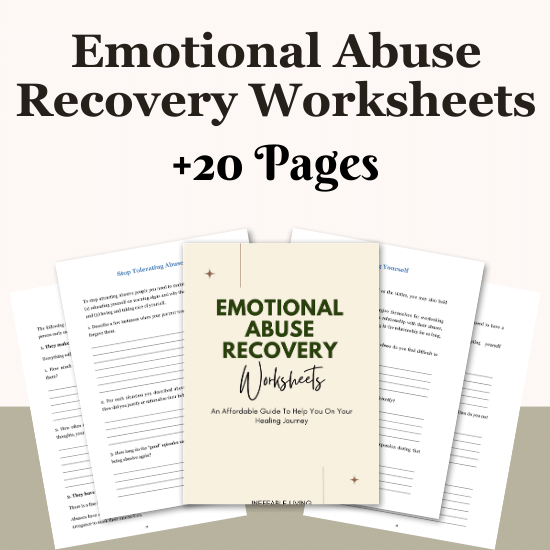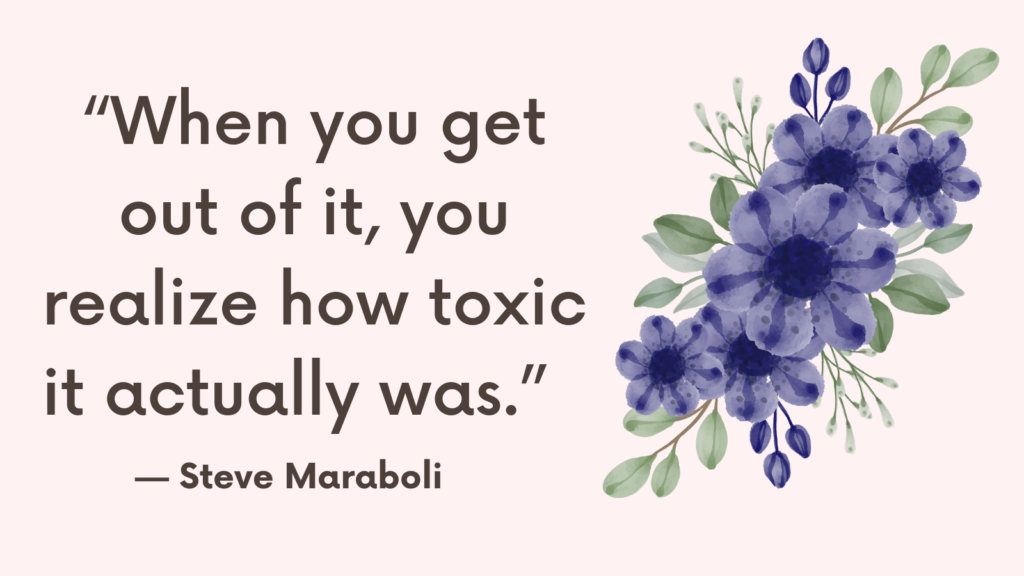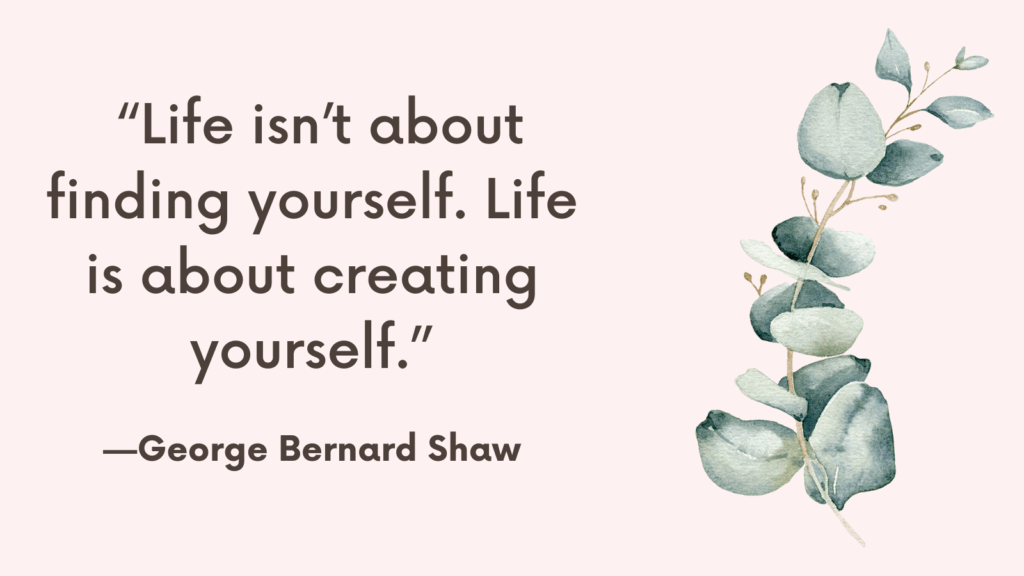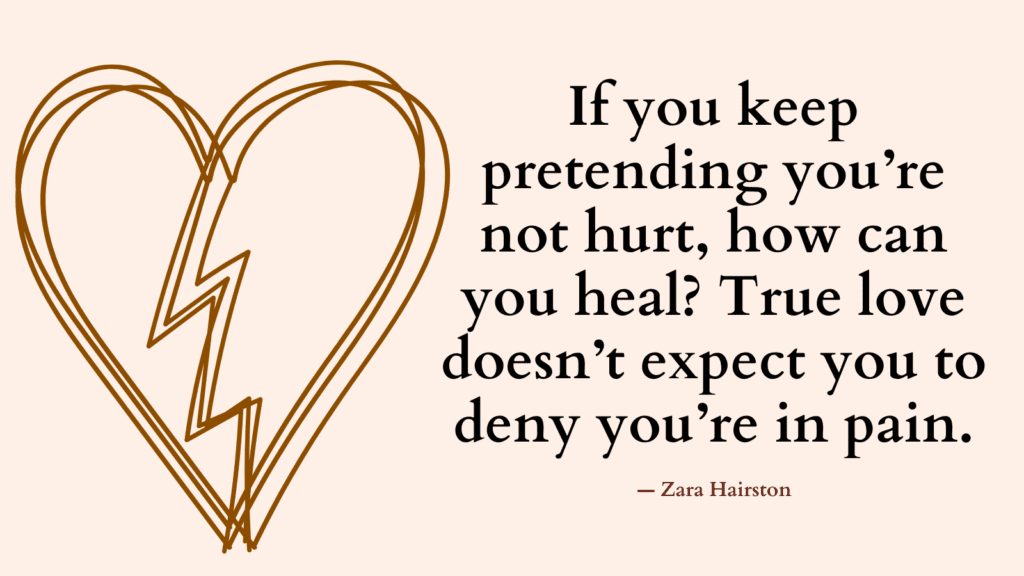Is cheating abuse? Read on to find out.
Is Cheating Abuse?
Cheating is often framed as a “mistake” or a moment of weakness, but for many, it’s far more than a breach of trust. It can leave behind emotional wounds that feel just as deep as other forms of relational harm. The question arises: Is cheating abuse? The answer isn’t always straightforward — but in some cases, it absolutely is.
Cheating as Betrayal vs. Cheating as Abuse
Not every instance of cheating qualifies as abuse, but the context, intent, and impact matter. At its core, abuse involves patterns of control, manipulation, and the intentional disregard for another’s emotional safety. Some people cheat without intending harm. Others use infidelity as a weapon — and that’s when it crosses the line.
When Cheating Becomes Emotional Abuse
It Involves Repeated Deception
If someone cheats, lies about it, gaslights you when you bring up suspicions, and makes you feel crazy for noticing inconsistencies — that’s emotional abuse. It’s not just the cheating that hurts, it’s the denial of your reality.
It’s Used to Control or Punish You
Some partners cheat as a form of retaliation or to assert power. They may flaunt their betrayal or use it to make you feel inferior, jealous, or dependent.
You’re Blamed for Their Actions
When someone says “You made me cheat” or implies their betrayal is your fault, they’re weaponizing guilt. This deflection is a form of psychological manipulation.
They Repeatedly Violate Boundaries
If you’ve set clear boundaries and those boundaries are constantly crossed, it becomes a pattern of disrespect — not just infidelity, but the erosion of your emotional agency.
Related: Narcissistic Abuse Syndrome Quiz
Why the Language Matters
Calling cheating “just a mistake” can minimize the real damage done. On the other hand, calling all cheating abuse without nuance can make it harder to recognize actual patterns of manipulation and control. The key is to assess:
- Was the cheating part of a larger pattern of gaslighting or coercion?
- Were your emotions constantly dismissed or minimized?
- Was trust repeatedly broken with no accountability?
- Did it leave you feeling powerless, confused, or isolated?
If the answer is yes, then the cheating may not just be a betrayal — it may have been a form of emotional or psychological abuse.
Related: Are You A Victim of Narcissistic Abuse Quiz

How to Recover After Being Cheated On
Recovery is possible — and it doesn’t require rushing to forgiveness or moving on before you’re ready. It requires validation, self-reconnection, and deliberate healing.
1. Acknowledge That Betrayal Is Trauma
Infidelity is a psychological trauma — especially if it was unexpected, ongoing, or discovered in a shocking way. It disrupts your sense of what’s real and what can be trusted. If you feel anxious, numb, reactive, obsessive, or emotionally volatile, you’re not overreacting. These are normal trauma responses.
2. Give Yourself Permission to Feel Everything
You may cycle through rage, grief, disbelief, self-doubt, or numbness — often in the same day. These emotional waves are part of your system trying to process something that feels unsafe and unfamiliar. Don’t rush to be “okay.” Let your emotions speak before you try to fix or reframe them.
Related: Healing From Emotional Abuse In 12 Practical Steps
3. Stop Searching for the Missing Piece
It’s normal to ask: Why? What did I miss? What did I do wrong? But that search can become a loop that keeps you stuck. You didn’t cause someone to cheat. Cheating is a decision they made, and no amount of replaying the relationship will give you the closure they failed to provide.
4. Rebuild Safety With Yourself First
After betrayal, your nervous system is on high alert — scanning for more danger, replaying events, second-guessing your instincts. Begin by calming your body: deep breathing, grounding exercises, journaling, or safe routines. Remind yourself: I didn’t deserve this. I can trust myself again.
5. Avoid Rushing to Reconcile or Get Revenge
It’s tempting to seek quick resolution — either by fixing the relationship or retaliating to reclaim power. But both paths often bypass the pain. Instead, pause. Take time to understand your feelings, boundaries, and long-term needs. What matters now is healing, not reacting.
6. Detach Your Worth From Their Behavior
Being cheated on can make you question your attractiveness, intelligence, or value. But their betrayal says more about their limitations than your worth. You are not less because they couldn’t show up with integrity. Rebuilding your self-esteem is a vital part of recovery.
7. Lean on People Who Validate You
Surround yourself with people who remind you that your pain is real and that you didn’t deserve this. Confide in someone who can hold space without rushing your process or minimizing your experience. If you feel alone, consider support groups or online communities for infidelity recovery.
8. Don’t Skip the Grieving Process
You’re not just grieving the person — you’re grieving the version of the relationship you believed in, the future you envisioned, and the emotional safety that was broken. Give yourself permission to mourn all of it. Grief is not weakness — it’s release.
9. Redefine What Trust Means
Eventually, you’ll need to redefine what trust looks like — not just in future partners, but in your own judgment. That doesn’t mean becoming suspicious or closed-off. It means reclaiming your right to be discerning, ask questions, and expect emotional safety.
Related: Emotional Abuse Test (+Resources For Emotional Abuse Recovery)
Final Thought: Your Pain Is Valid, No Matter the Label
Whether cheating rises to the level of abuse or not, your emotional pain is real and valid. Betrayal can feel like a form of emotional violence, especially when it’s wrapped in lies, manipulation, or intentional harm.
If you’re questioning the health of your relationship or recovering from betrayal, what matters most is your healing — not whether others agree with the label. You’re allowed to walk away, rebuild trust in yourself, and reclaim your peace.



